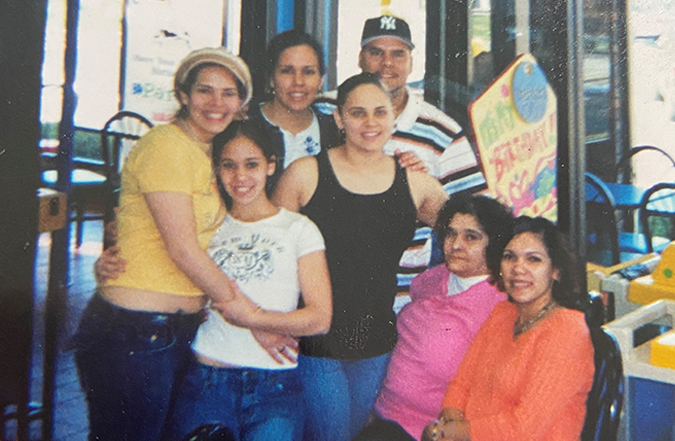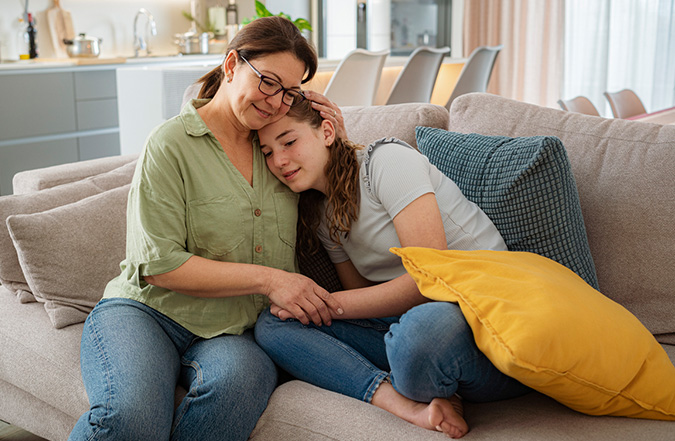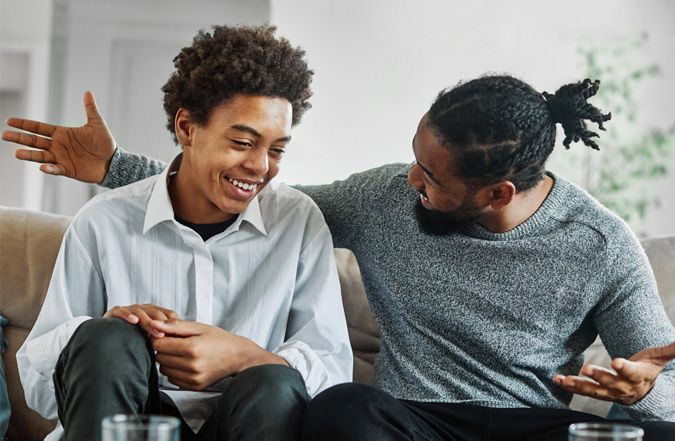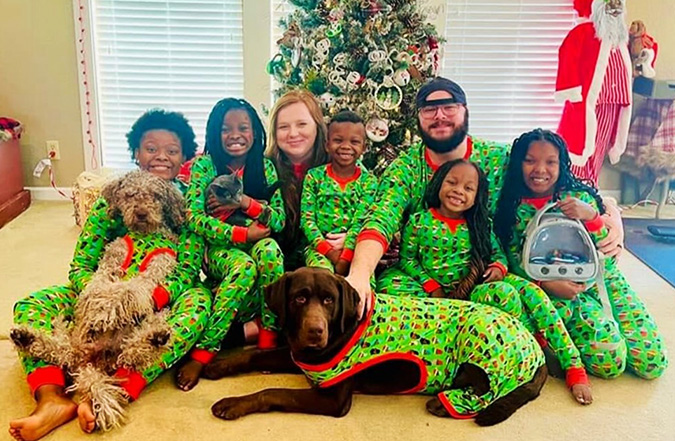
My siblings were my first best friends. As children, we traded baseball cards, had tea parties, played video games, and competed in lip-syncing and dancing contests. We stayed up late to talk about life and death. We tried to make sense of why our family was so poor, to understand our mother’s mental health condition and why dad was often unemployed. Despite our petty fights, we were loyal, supportive, and fun-loving.
My siblings and I were always there for each other—until suddenly we weren’t.
Foster care turned them into strangers in a flip of a switch. We went from being best friends to being estranged because the foster care system didn’t do enough to keep us together or maintain our relationships. I’m sharing my experience so that current foster families understand how important it is to keep siblings connected to each other.
We started off in a kinship home, but when things didn’t work out, we got lost in the system. We went from seeing each other every day to seeing each other once a week, to once a month, once a year, and once every five years. We grew farther and farther apart.
“I wish that my foster parents would have invited my siblings over for holidays, birthday parties, or random BBQs.”
One night, my brother reached out to invite me to his daughter’s fifth birthday party. It had been a while since I had heard from him, and that night we talked about everything we had missed. I remembered how close we once were, but I had no idea what he had been up to, and I was shocked that I had never met my five-year-old niece. This reconnection made me realize that I felt incomplete; the people who once mattered were no longer a part of my life. I decided to move closer to my siblings so that I could rekindle my relationship with them. I knew that I needed them as much as they needed me.
You see, there was a time in our lives when we were all so close. But over time, my brother started disappearing from my life. At 16, he was in a group home, where he got in some trouble. As a result, he was often homeless, couch surfing, or simply trying to survive, and we grew further apart.
The situation was not that different for my four sisters. I drifted apart from my older sisters as they got busy as young mothers taking care of their children while working. My younger sisters struggled with placement instability, and they, too, found themselves caring for their children at a very young age. My memories of them were as preteens, and when we met again as adults, it felt like I was talking to a stranger that I once knew. In my mind, they were still that 5- and 10-year-old, but looking back at me were two strange women with adult voices sharing our memories and their recent experiences.
Since reconnecting with my siblings, I’ve been contemplating why we lost connections and what the system could have done better to support our relationships.
I was placed in a foster home that didn’t encourage me to speak to my older siblings outside of scheduled visits because they were “a bad influence” and because I started “acting out” after each visit or often “ran away” from my foster home. After high school, I went to college and focused on school and work. I continued to graduate school and launched my career with thousands of dollars in student loans and credit card debt. When my salary wasn’t enough to cover expenses, I couldn’t afford a car to get to work, and I got tired of couch surfing, I joined the Air Force. Trying to survive made it difficult for me to stay connected to my siblings.
I had to navigate the adult world without the support of the ones I loved. The stress of survival became so much that it was hard to focus, plan, or even research better opportunities. I just froze.
One day it hit me that despite all my educational and professional achievements, I had this emptiness within because my siblings, who were once my best friends, were nowhere to be found. I decided to try to reconnect us. My siblings were feeling the same sense of loss, and we have made efforts to get together regularly, and we are closer now than we ever were. Last year some of us celebrated our first Thanksgiving together, and many of them came to celebrate my birthday for the first time since we were separated through foster care.
We realized that it didn’t have to take so long for us to be reconnected. I wish that my foster parents would have invited my siblings over for holidays, birthday parties, or random BBQs. I wish that they would have encouraged me to call them or write them letters so that we could stay connected. I wish that my foster parents understood that my siblings weren’t bad influences; they just made different choices. I wish that my foster parents understood that I wasn’t acting out after visiting them; I was angry because I couldn’t spend more time with them. I also wish that my foster parents understood that I wasn’t running away from them; I was just trying to stay connected to my family.
Siblings are our first best friends. Foster and adoptive parents and the child welfare system should make maintaining sibling connections a priority. Siblings become strangers. These efforts should be a moral imperative and not just a federal mandate the system is trying to meet. Children and youth are not at fault for the reasons they enter foster care, and they shouldn’t suffer the consequences of severed sibling relationships through foster care and adoption.
When our parents, foster parents, and social workers aren’t there anymore, it’s our siblings who keep us firmly grounded so that we can blossom and thrive.


